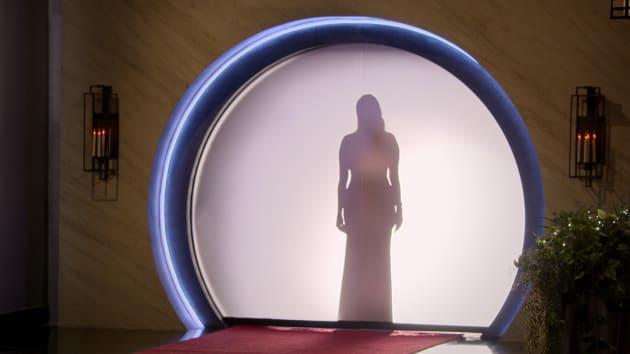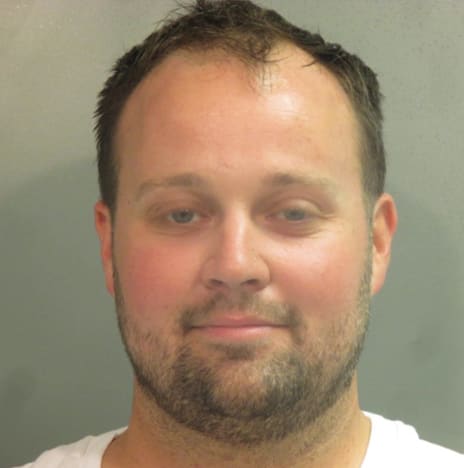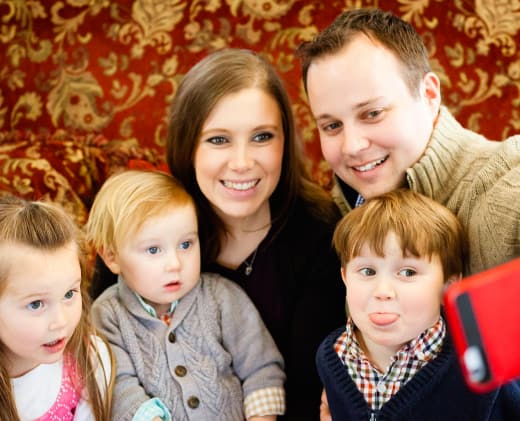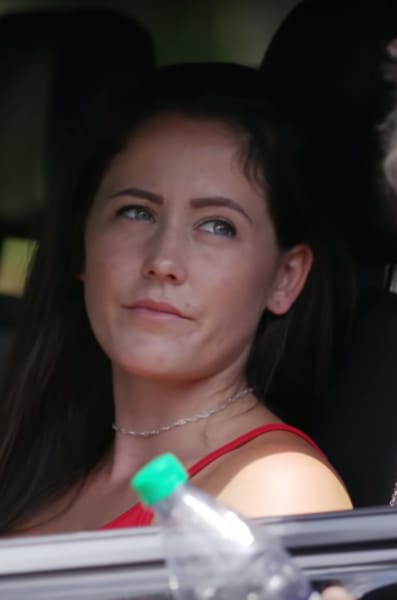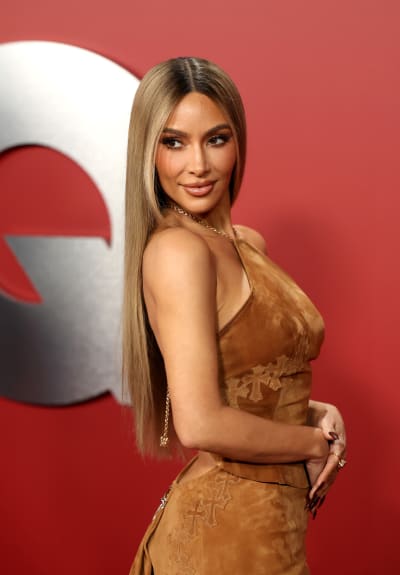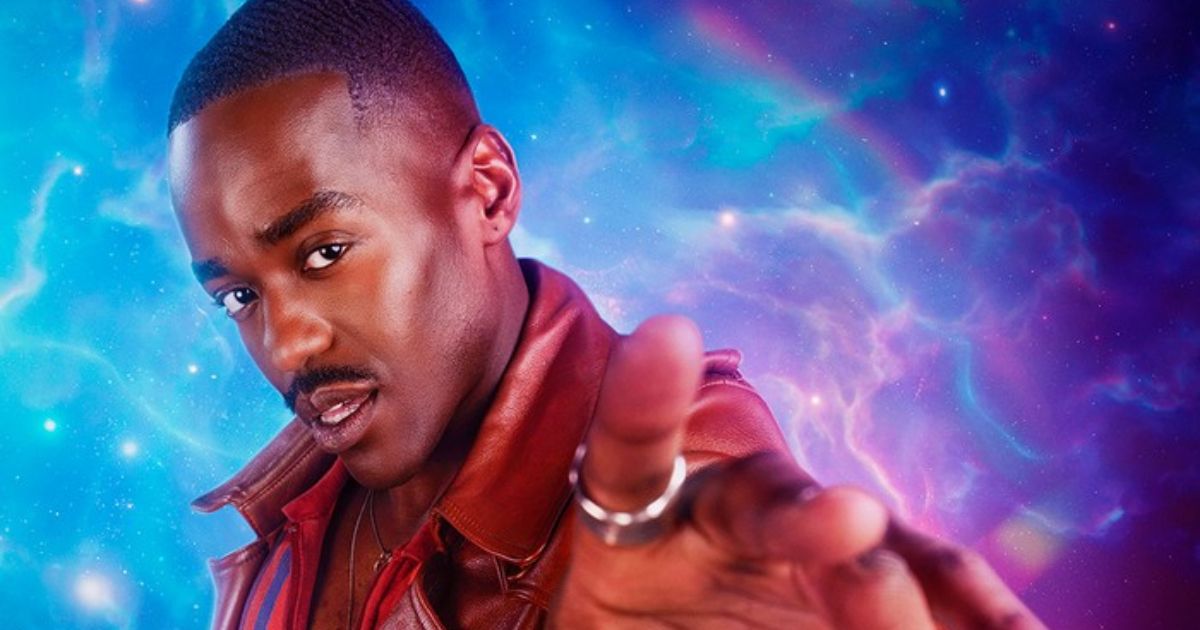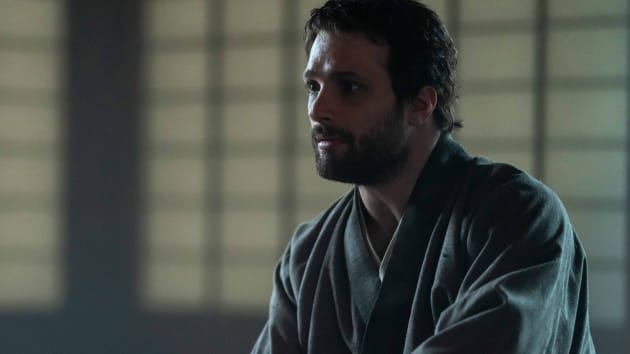When Renee Poche received word that she’d been cast on Love Is Blind, the Texas veterinarian was excited about the opportunity to find a partner — and maybe a modicum of fame — on Netflix’s most popular dating show.
But as she explains in a new interview with Variety, Poche soon found herself in a hellish situation involving abuse, isolation, and some very messy legal drama.
According to legal documents filed by Poche, the nightmare began when production staff seized her phone, passport, and driver’s license and proceeded to lock her in a hotel room.
Poche says her safety was further compromised when she was pressured into an abusive relationship with Carter Wall, a fellow contestant who made his way through the show’s vetting process despite being unemployed, unhoused, and addicted to multiple substances.
Poche’s story might be more horrifying than most, but sadly, her situation is not unique among the participants in reality television shows.
The genre that boomed in the late ’90s and early 2000s, with hit series like Survivor and The Bachelor, has since squandered its reputation as unproblematic fare that’s (mostly) suitable for the entire family.
These days, it seems that for every frivolous, relatively inconsequential reality controversy — like Vanderpump Rules’ infamous “Scandoval” — there are several darker, more destructive controversies.
And far too many of them involve producers either turning a blind eye or actively making the situation worse.
The most egregious of these recent scandals involved TV’s most ostensibly squeaky-clean family, the Duggars.
In 2019, eldest son Josh Duggar was arrested for possession of child pornography.
He was eventually convicted for his crimes and sentenced to 12 years in prison.
It was not the first Duggar sex scandal, and TLC had previously allowed the family to continue filming new episodes even after it was revealed that Josh had molested four of his sisters while they were still children.
Some fault the network for giving the family so many chances, while others believe that the Duggars — religious extremists with a wide array of hateful views — never should’ve been given a platform in the first place.
The Duggar scandal might be the worst example of a team of professional documentarians collectively ignoring a set of inconvenient facts.
But it’s certainly not the only instance of such willful blindness.
Love is Blind Season 5 Reveals Shocking Trailer
Take, for example, MTV’s Teen Mom franchise, which has showcased countless incidents of questionable parenting and full-blown child abuse during its nearly 15-year run.
Series villain Jenelle Evans temporarily lost custody of her kids in 2019 after her husband, David Eason, shot and killed the family dog in front of his horrified children.
For many longtime MTV viewers, the incident did not come as a surprise, as the show had been documenting Jenelle and David’s abusive tendencies and substance abuse issues for several seasons.
These days, Jenelle and David are once again under investigation by CPS, a fact that comes as a shock to no one — other than maybe the couple themselves.
Jenelle was fired from Teen Mom following the dog-shooting incident, but that move came after a public outcry, which made it virtually impossible for MTV to continue profiting from her family’s dysfunction.
It was another reminder of how dark the world of reality TV can get.
But it certainly wasn’t the first time that viewers were forced to consider the ethical implications of making stars out of the most deplorable figures in our society.
For many Americans, reality TV began to seem less like a fun distraction and more like a cause for concern around the time that the host of the popular NBC series The Apprentice was elected President of the United States.
Donald Trump was famous long before he became a reality star, of course, but the show was the driving force behind his early-2000s resurgence in popularity.
And there’s a good chance that without that path back to the mainstream, Trump’s political career would not have met with such a shocking level of success.
Whether you love the 45th president or think he’s a harbinger of the apocalypse, his meteoric rise and unprecedented dominance of our political landscape serve as evidence that reality television is no longer just cheap fodder for gaps in the primetime schedule.
Unfortunately, no one seems eager to discuss the impact that this newest and most nebulous of genres is having upon our psyches and our society.
Love is Blind Season 5 Reunion — With a Catch
In fact, no one seems more eager to avoid having that conversation than the people who produce and platform these shows.
In the years before Paris Hilton and Nicole Richie starred in The Simple Life, celebrities were expected to bring some sort of talent or unique ability to the table.
Now, in the era of Kim Kardashian, the idea of becoming “famous for being famous” is so widely accepted that “influencer” has become one of the most popular career ambitions among teens and young adults.
It’s a situation that’s given reality producers an astonishing level of power.
These kingmakers are now able to exploit young wannabe stars without paying them a dime, and as stories like Renee Poche’s remind us, that’s the sort of situation that’s almost certain to lead to abuse.
The circumstances are unlikely to change without some sort of legal intervention, but you can be sure that regulating the world of reality television is not a high priority for US legislators — especially since most of them are probably watching these shows before bed, just like the rest of us.
What do you think? Will this be the beginning of the end of the reality world or at least change how it’s manipulated for viewing? We’d love to hear from you.
Tyler Johnson is an Associate Editor for TV Fanatic and the other Mediavine O&O sites. In his spare time, he enjoys reading, cooking, and, of course, watching TV. You can Follow him on X and email him here at TV Fanatic.

